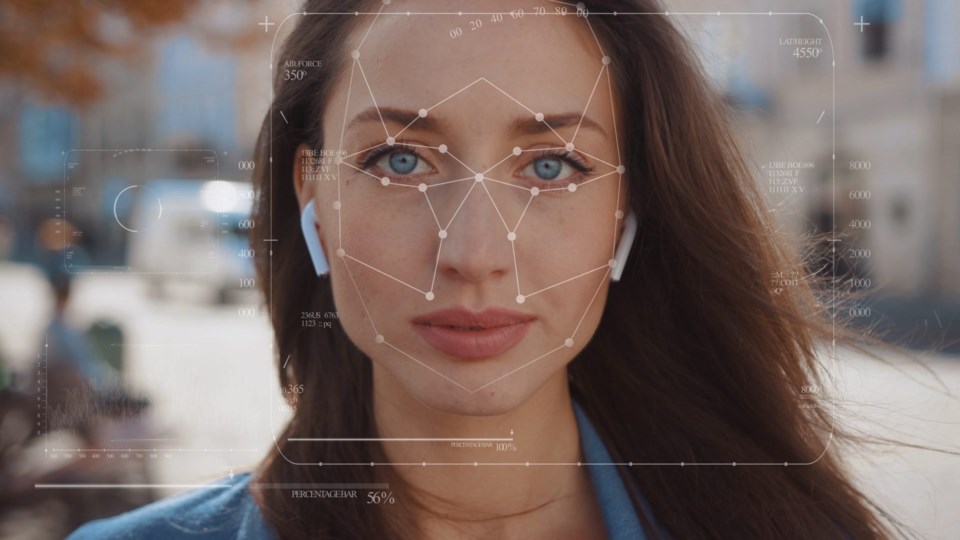Attorney General Ken Paxton has filed a lawsuit against the internet giant Google, claiming that it’s collecting biometric recognition data from unaware and non-consenting Texans through the company’s apps and devices. Although, according to Forbes, Google representatives argue that the lawsuit misrepresents the apps’ features.
The lawsuit claims that since at least 2015, Google has been storing biometric identifiers like voiceprint and face geometry both from users and non-users. According to the lawsuit anyone that happens to appear in a photo uploaded to Google Photos, even if they are just in the background, gets their information collected by the company. The facial geometry recognition data is then used to sort pictures by the people who appear in them.
“To Google, it does not matter that the three-year-olds, the bystanders, and grandma never consented to Google capturing and recording their biometric data,” reads the lawsuit.
Another app that gets called out in the lawsuit is Nest Hub Max, a multifunctional household device similar to Apple’s Alexa. One of Nest’s features is “Face Match” a technology that allows the device to determine the content it shows depending on the person using it. How does it know? Face Match uses Nest’s camera which, according to the document, indiscriminately captures the face geometry of anyone that interacts with the device.
Additionally, Google is also storing data through Google Assistant, a voice-controlled app that can be programmed to work in cars, televisions, laptops, speakers, doorbells, and more. Google records your voice and audio, plus a few seconds before, when you use audio activations. Using similar technology as in Face Match, Google Assistant can build user profiles and refine the responses depending on who is speaking.
The lawsuit claims that by getting all this information from unaware users, Google is violating the Texas Capture or Use of Biometric Information Act. “Google’s all-encompassing effort to use its commercial products to capture biometric identifiers of unwitting Texan users and non-users alike is alarming,” continues the document.
The lawsuit asks for a $25,000 penalty for each violation, which when added could sum to an exorbitant amount considering Texas’ size and population.




